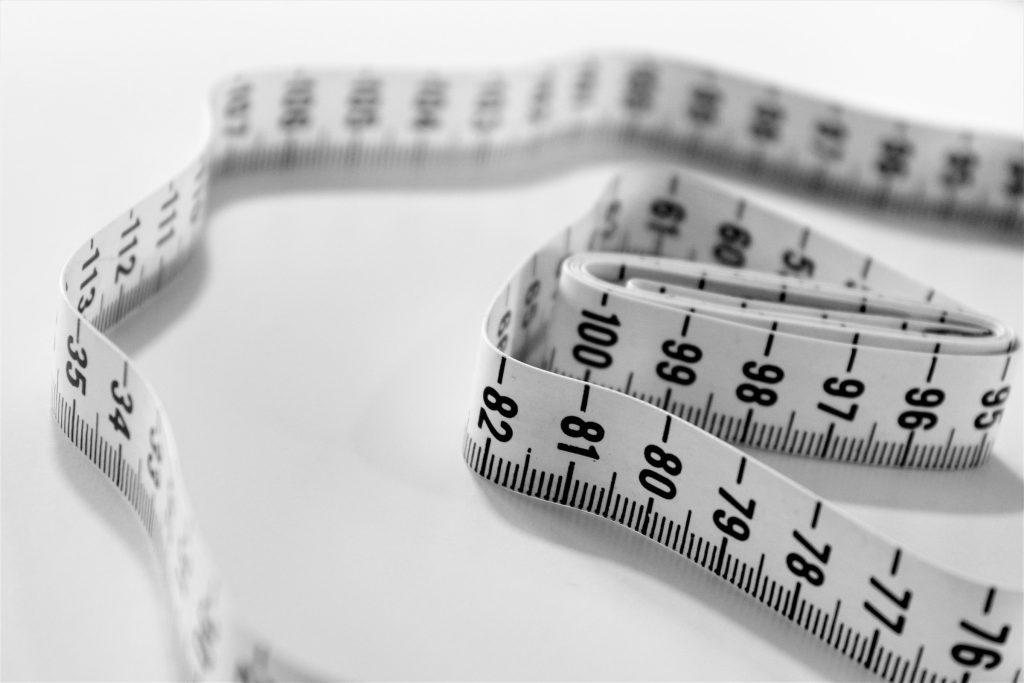Understanding Body Fat Percentage
Contents
Body fat percentage refers to the total mass of fat divided by a person’s total body mass. This ratio indicates the levels of fat stored in your body and how it correlates to your total weight. Like carbohydrates and proteins, fats are also deemed as macronutrients. Your body needs them but in the right amount.

They are vital for normal body function, helping with vitamin absorption, hormone synthesis, and insulation. However, maintaining an excessively low body fat percentage, below the healthy zone, can contribute to several health disorders.
The Myth of Extremely Low Body Fat
A common culture in the fitness realm and society at large is the misconception that lower body fat equates to better health or greater attractiveness – this is far from the truth. Going below the essential fat percentage (which differs based on gender – 2-5% for men and 10-13% for women) can lead to several health issues.

While a lean body might indeed make you look more sculpted, it is important to understand that maintaining an extremely low body fat percentage over a prolonged period may bring about adverse health implications.
The Negative Effects of Low Body Fat Percentage
The hazards to one’s health associated with being overweight also extend to having a low body fat percentage. These include, among other things, osteoporosis, infertility, low immunity, and hormonal imbalance.
Your hormone production may be adversely affected by as well. The production of hormones is significantly influenced by adipose tissue or body fat. Hormonal imbalance might result from this mechanism being disrupted by a restricted fat supply. Anxiety, sadness, and mood swings are a few ways this can show themselves.

Notably, a minimal percentage of body fat can undermine one’s immune system. Fat cells are vital in harmonizing energy by discharging stored power during fasting or rigorous physical activity. They are also instrumental in boosting immunity – preserving energy that can be activated in case of infection or injury. Below-average levels of fat can burden the body’s capacity to ward off diseases, thereby increasing susceptibility to sickness.
In addition, very low fat levels can lead to fertility issues. Fat is crucial for reproduction because it aids in estrogen production. As such, it might lead to menstrual irregularities or can even cause amenorrhea (absence of menstruation) in women, leading to fertility problems.
Exception to the Rule: Professional Athletes
Although it’s generally considered bad form to have low fat, some athletes—particularly bodybuilders and long-distance runners—may require a lower body fat percentage because of the demands of their particular sports. But this kind of state is usually short-lived, highly watched, and linked to health hazards like bone fragility, muscle damage, and hormone imbalances.

However, seasoned athletes have access to a multitude of tools, including exercise physiologists, personal fitness coaches, and dieticians, to guarantee their health. These athletes also schedule “off-seasons” in which they allow their bodies enough time to rest and recuperate.
Healthy Ranges by Gender
| Gender | Healthy Body Fat Percentage Range |
|---|---|
| Men | 18% – 24% |
| Women | 25% – 31% |
As per the American Council on Exercise, the standard body fat percentage for males typically lies between 18-24%, while the norm for females is around 25-31%. Individuals surpassing these percentages are generally classified as obese or overweight. Conversely, those falling short of these ranges could potentially be at risk as they are deemed underweight.

In the pursuit of health and fitness, it’s crucial to not become blinded by the societal associations of lower body fat with optimum health. It’s vital to understand that similar to obesity, the opposite also entails negative effects – varying from hormonal to psychological disorders.
Therefore, aim for a healthy body fat range and remember that well-being is not defined by skinny representations but by a wholesome amalgamation of physical, psychological and metabolic health.

